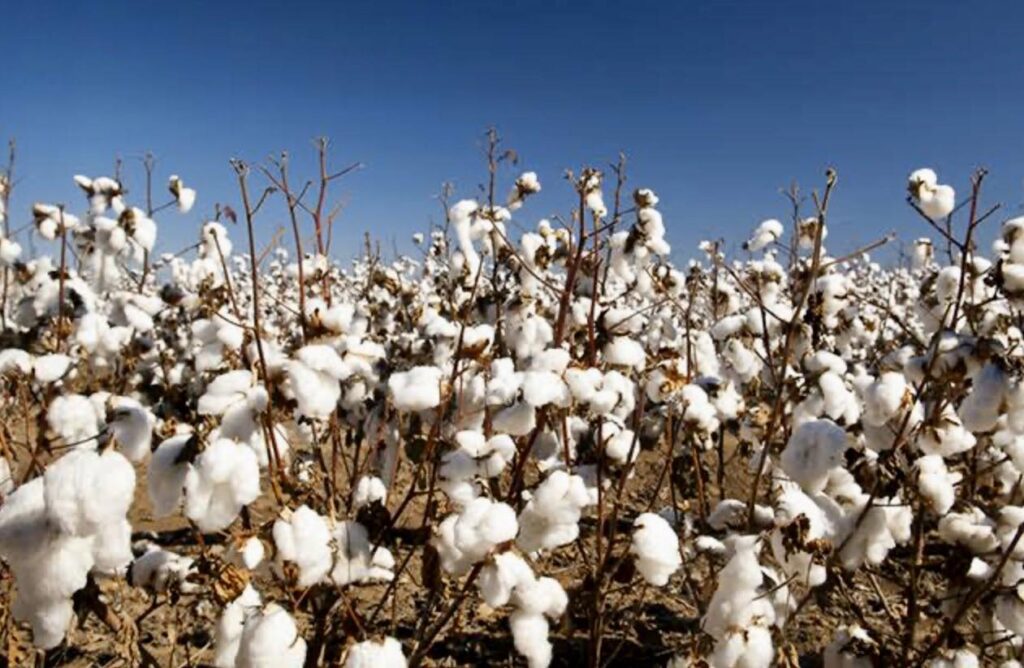Here comes genetically modified cotton
By Henrylito D. Tacio
First, it was just corn. Then rice and eggplant followed. Soon, it will be cotton.
The Bureau of Plant Industry (BPI) issued a Biosafety Permit for the commercial propagation of Bt cotton developed by the Philippine Fiber Industry Development Authority (PhilFIDA).
PhilFIDA was granted the permit after completion of the biosafety evaluation and the requirements for commercial propagation based on the Joint Department Circular (JDC) No. 1, Series of 2021 from the following departments: Science and Technology (DOST), Agriculture (DA), Environment and Natural Resources (DENR), Health (DOH), and Interior and Local Government (DILG).
BPI issued the permit last August 24 and the approval was announced on their website.
“Bt cotton has been genetically engineered to resist the dreaded bollworm (Heliothis armigera), a destructive pest that is partly responsible for the decline of the county’s cotton industry,” wrote Marlo Asis, an Alliance for Science Global Leadership Fellow.
Quoting a PhilFIDA official, Asis further wrote: “The crop technology replaces the need to control the bollworm through application of synthetic pesticides, which cause harm to human health and the environment.”
Bt cotton includes a gene taken from the soil bacterium Bacillus thuringiensis (Bt). Aside from cotton, Bt is also introduced in corn, poplar, potato, rice, soybean, tomato, and more recently eggplant.
“The protein produced by the plants does not get washed away, nor is it destroyed by sunlight,” said a briefing paper published by the Global Knowledge Center on Crop Biotechnology. “The plants are protected from the insects round the clock regardless of the situation.”
Since Bt crops are able to defend themselves against pests, the use of chemical insecticides is significantly reduced. A study conducted by the United States Department of Agriculture showed that 8.2 million pounds of pesticide active ingredients were eliminated by the farmers who planted Bt crops in 1998.
“Aside from being effective against insect pests, Bt crops have lower incidences of opportunistic microbial pathogens, such as the fungus Fusarium,” the briefing paper said. “This fungus produces mycotoxins that can be deadly to livestock and also cause cancer in humans.”
The briefing paper shares this information on how Bt operates: “When ingested by larva of the target insect, the Bt protein is activated in the gut’s alkaline condition and punctures the mid-gut leaving the insect unable to eat. The insect dies within a few days.”
It is for this reason why much research has been done to exploit the organism’s agronomic value. To date, there are more than 200 types of Bt proteins identified with varying degrees of toxicity to some insects.
In the past, Bt was cultured by fermentation. In fact, over the last 40 years, Bt has been used as an insecticide by farmers around the world. It is said that organic farming has benefited from it as it is one of the very few insecticides permitted by organic standards. “The insecticide is applied either as a spray, or as ground applications. It comes in both granules and liquefied form,” the briefing paper stated.
Based on studies conducted by PhilFIDA, “Bt cotton has better resistance against the bollworm larvae than non-Bt cotton varieties,” Asis reported. “Five Bt cotton varieties were tested and compared with one non-Bt cotton on field trials at the PhilFIDA station in Ilocos Norte.
“PhilFIDA has concluded the multi-location field trials of Bt cotton in Luzon and Mindanao, the results proved to be promising in reviving the local cotton industry,” Asis added.
The Philippines has been planting cotton even before pre-Spanish times. Native varieties were grown in the Ilocos, Batangas, the Bicol region and the Visayas. The four species grown for commercial uses today are Gossypium hirsutum, G. barbadense, G. arboreum, and G. herbaceum.
According to the Laguna-based International Service for the Acquisition of Agri-Biotech Applications (ISAAA), biotech cotton was planted on 25.7 million hectares in 2019, which is 79% of global area planted to cotton.
India led the countries in 2019 which planted biotech cotton. Other countries which plant Bt cotton were United States, China, Pakistan, Brazil, Argentina, Myanmar, Sudan, Mexico, Australia, South Africa, Paraguay, Colombia, Malawi, Eswatini, Nigeria, Ethiopia, and Costa Rica. – ###
Photos courtesy of PhilFIDA




